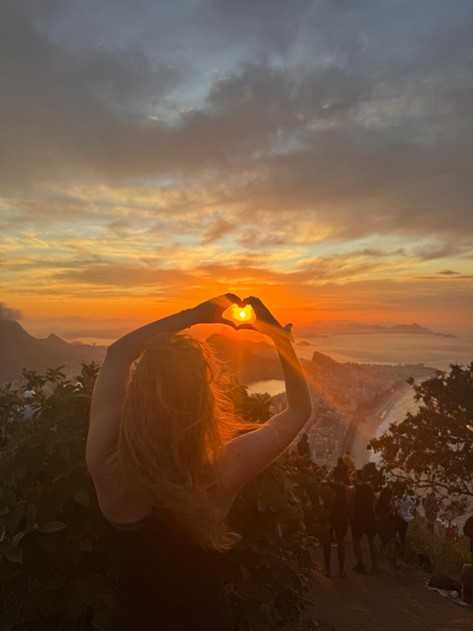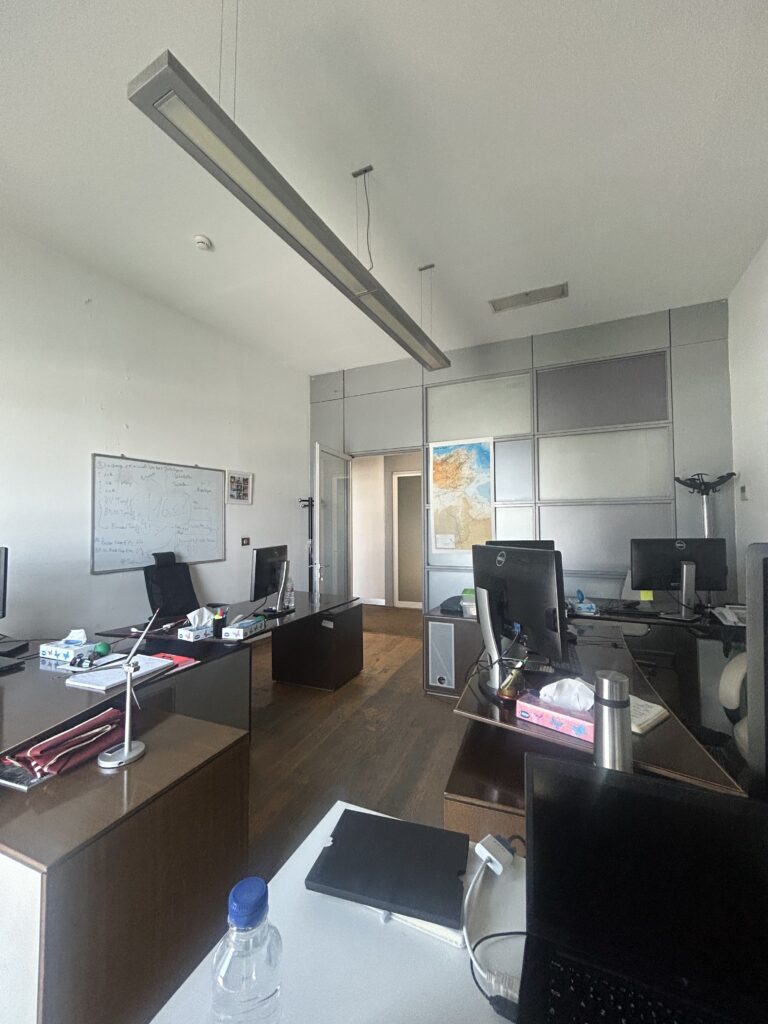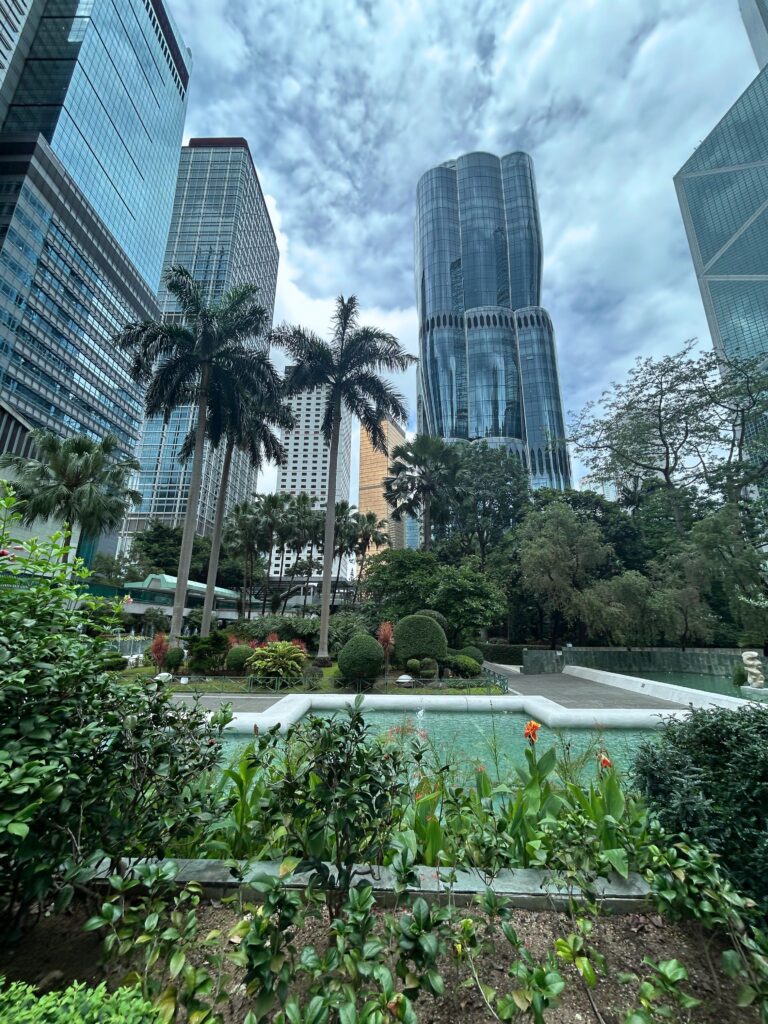
The Argentine Kiss
By: Julia Bochkarev, CAS ’28
GRIP: Social Impact in Buenos Aires, Argentina
“Por qué amo a Buenos Aires” – Eladia Blázquez
Porque hay amor en tus baldosas
y es el dolor la misma cosa,
porque te amo y me embriago con tu aire
al nombrarte, Buenos Aires, en mi canción.
Translation:
Because there’s love in your sidewalks
and pain feels like just another part,
because I love you and get drunk on your air
when I name you, Buenos Aires, in my song.
In Argentina, greetings are more than just formalities — they’re moments of genuine connection. The kiss on the cheek, which accompanies nearly every hello and goodbye, is a simple and intimate way to acknowledge each person in a room. Man or woman, young or old, rich or poor, everyone shares this warm gesture across social settings — among family, friends, even strangers — making sure no one feels overlooked.
During our first few days here, we learned about the custom of “the ghost kiss” in orientation: a light touch to the cheeks and a kiss to the air. It’s intimate, but not romantic. It’s a quiet, everyday way of saying, I see you.
In the U.S., it’s easy to slip into a room unnoticed, especially if you don’t know anyone. But in Argentina, it’s common practice to greet every person who enters the room with a kiss, regardless of whether you know them or not. It’s not about affection or desire, it’s about acknowledging a person’s presence and showing respect.
I expected this in social settings, but I didn’t expect it at work. On my first day at my internship, my supervisor, coworkers, and even the CEO greeted me with a kiss. At first, I was surprised, but I quickly learned to accept and embrace this culture. Stripped away of any sensual meaning, the Argentine kiss becomes something inclusive — an extension of warmth to everyone.
That instinct to connect is everywhere. Whether you’re buying bread at a panadería, stepping onto a bus, or walking into a meeting, people don’t just move past each other; they engage.
One morning, on Bus 39 (my favorite line to take to work), I started talking with a woman and her nine-year-old daughter, Sofía and Lucía. In the U.S., small talk like that usually stays small, but here, even a fifteen-minute bus ride turns into something meaningful. They asked where I was from, what brought me to Argentina, and how I was feeling about the whole experience. I stumbled through my answers — mixing up verb tenses, speaking in the future when I meant the past, using the present when I needed the conditional. Still, they listened closely. They slowed down their words, repeated things, and smiled through the confusion. Even though we almost certainly wouldn’t see each other again, and even though I should have just been another foreigner in a city full of them, they made the effort to know me, and to be known in return.
That’s what’s stayed with me. People here don’t treat each other like passing shadows; they pause, they acknowledge, they care.
The Argentine kiss may seem small, but it reflects something much bigger — a culture where connection is prioritized, where no one is too unfamiliar to acknowledge, and where even the briefest encounters are met with warmth and intention. I don’t know exactly what it means to be human, but here, it feels a little more like being seen — and like seeing others is something worth slowing down for.
Read Related Blogs

Independence Does Not Mean Loneliness
GRIP: World Medical Association, Ferney-Voltaire, France Over the past nine weeks of my internship at the World Medical Association, independence has been a defining theme. Not only am I the…

My Internship Experience with SIC
GRIP: Swicorp Infra Capital (SIC), Tunis, Tunisia I stepped out of my taxi and into Lac II, the financial district that runs along the lake in Tunis. The building was…

The Sauce
GRIP: Elephant Community Press in Hong Kong From tenth to twelfth grade, I attended a small, college-prep school called Miller. I can say with quite a degree of certainty that…